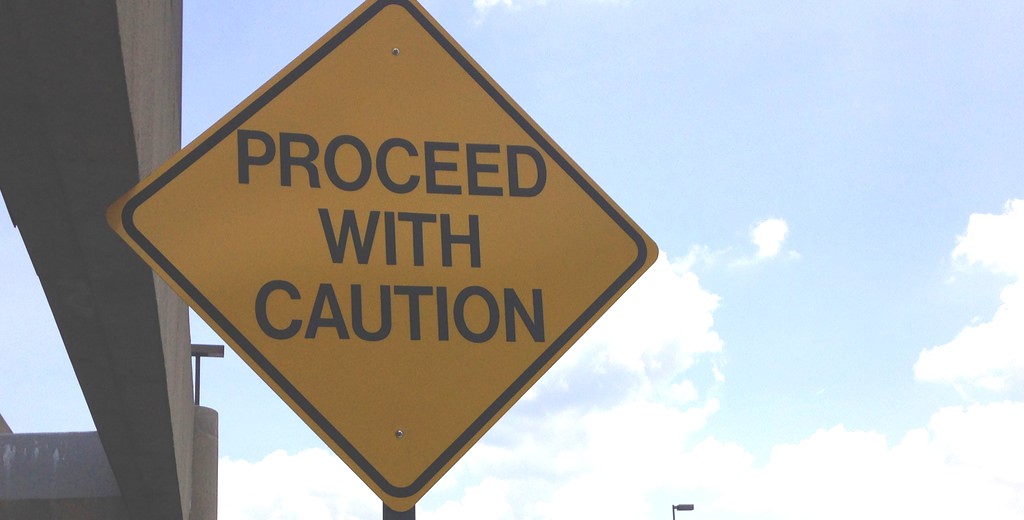Settlements with HMRC: a warning
Although there has been a great deal of litigation regarding tax avoidance arrangements in recent years, many cases have not yet reached the courts. HMRC is keen to settle those cases, preferably without litigation and collect the tax.
In last year’s Autumn Statement, the Government announced a ‘settlement opportunity’ for taxpayers and some agreements have already been reached. However, this could result in some paying far more tax than they legally owe.
Settlements with HMRC are binding legal contracts. Even if interpretation of the relevant tax law changes after the contract has been signed, the settlement remains, unless the parties agree to vary it or a Court orders otherwise – and there is no guarantee that either of those things would happen.
The De Silva Judicial Review
Next year, the Supreme Court will hear an appeal in a judicial review case, The Queen (on the application of De Silva and another) v Commissioners of Revenue and Customs. This case could have far-reaching consequences for many taxpayers who participated in schemes such as film partnerships, believing, on the basis of HMRC’s previous assurances, that they were safe and legal. It is those taxpayers who are most likely to be contemplating settlements with HMRC, possibly to their ultimate detriment.
The Cotter case
One important principle at issue in De Silva is whether HMRC has enquired correctly into claims to carry back tax relief to a tax year before the one in which the relevant expenditure or loss was incurred. The claimants argue that HMRC has failed to make enquiries into those claims using the appropriate legal procedure, and as a consequence, their claims are final and conclusive and cannot be disturbed even if HMRC now thinks they owe more tax. The claimants rely on what they consider to be a clear statement of the law in another Supreme Court case, Cotter v HMRC. In a judgement delivered in late 2013, the Supreme Court found in Cotter that HMRC must enquire into stand-alone carry-back claims under paragraph 5 of Schedule 1A Taxes Management Act 1970; a section 9A enquiry into the return will not suffice. HMRC has subsequently argued that the Cotter decision was relevant only to the particular facts of the case but now the Supreme Court will have the opportunity to put the matter beyond question.
Proceed with caution…
Individuals whose tax affairs might be affected by the outcome of the De Silva case would be wise to resist any temptation to enter into settlements with HMRC unless and until HMRC accept that they can be revisited in the event that the claimants win in De Silva. Otherwise, they may find themselves tied into contractual agreements that require them to pay more tax than may be legally due or having to take HMRC to court to have the agreement varied or set aside, with outcomes that are by no means certain. At the moment, HMRC do not seem to admit the possibility that they will lose in the De Silva case. They are certainly not bringing the issue to the attention of those taxpayers they are inviting to settle and they are settling cases as if they have already won the case.
If you are affected by the issues in this article, please contact us. Even if you have already entered into a settlement with HMRC, we may still be able to assist you.
